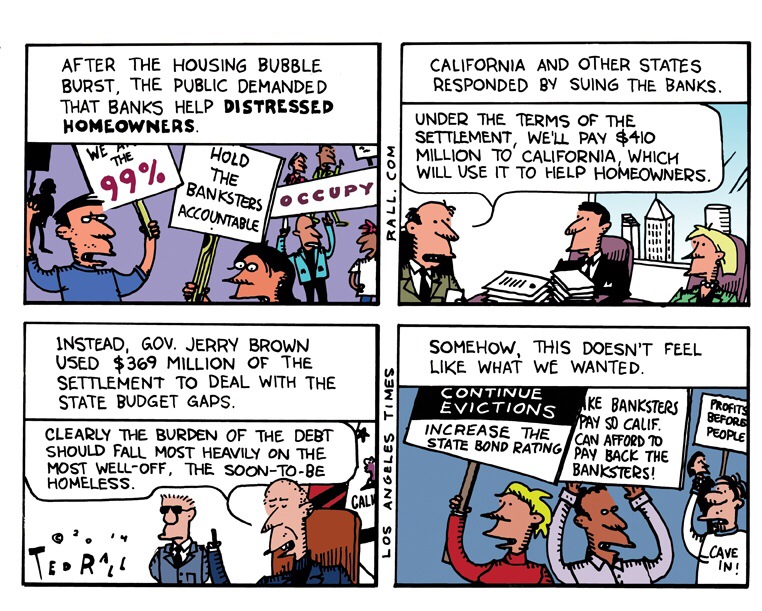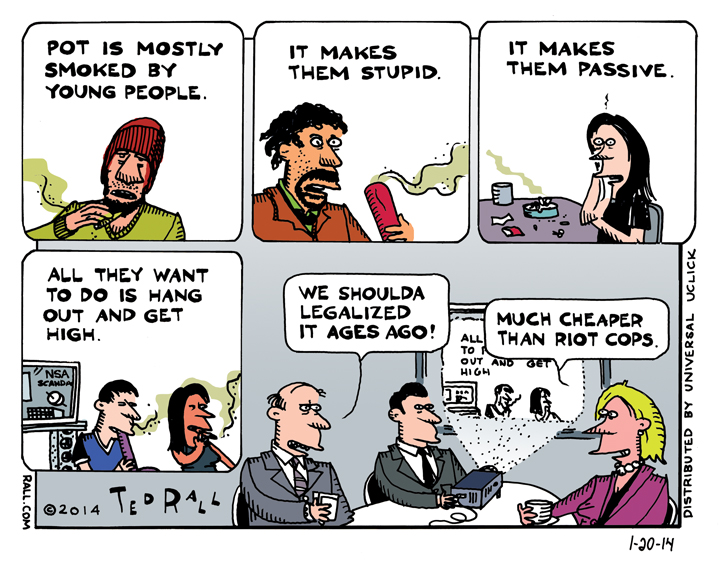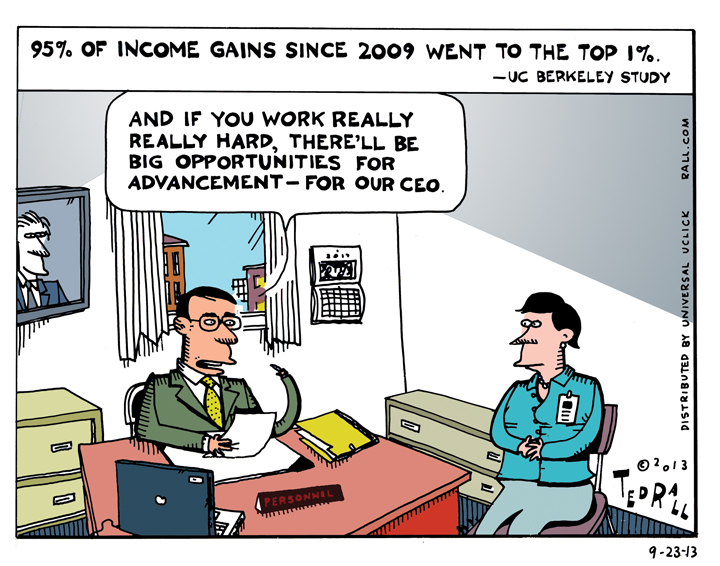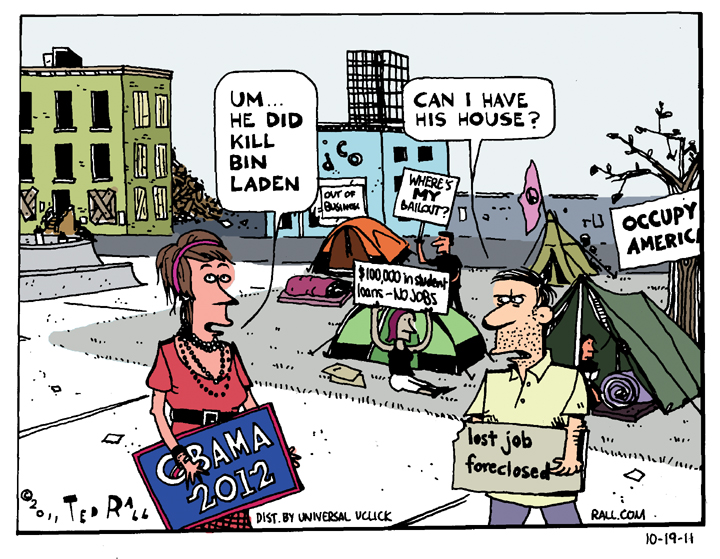Originally published by ANewDomain.net:
America, they tell us, is exceptional.
Exceptionally wrong about how exceptional it is.
Here comes today’s New York Times to re-re-re-reconfirm that with an Opinion piece headlined “The New Dictators Rule by Velvet Fist.”
“In recent decades, a new brand of authoritarian government has evolved that is better adapted to an era of global media, economic interdependence and information technology. The ‘soft’ dictators concentrate power, stifling opposition and eliminating checks and balances, while using hardly any violence,” write Professors Sergei Guriev and Daniel Treismanmay. “These illiberal leaders — Alberto K. Fujimori of Peru, Vladimir V. Putin of Russia, Viktor Orban of Hungary, Recep Tayyip Erdogan of Turkey, Mahathir Mohamad of Malaysia and Hugo Chávez of Venezuela — threaten to reshape the world order in their image, replacing principles of freedom and law — albeit imperfectly upheld by Western powers — with cynicism and corruption.”

“Imperfectly upheld,” indeed.
They Depose Democratically Elected Presidents, Don’t They?
Like, for example, how the democratically elected president of Venezuela – the above-mentioned Hugo Chávez was overthrown by a corporate junta backed by the CIA and the Bush administration, as well as the slobbering editorial page and front page of — ahem — the New York Times.
Or how the democratically elected president of Honduras was overthrown by military coup backed by the CIA and the Obama administration, and, oh yeah, the New York Times.
Or how Judith Miller used the Times to convince the American people who Saddam had WMDs, used to justify the disastrous Iraq War.
“The West needs to understand how these regimes work and how to confront them.”
We Do the Same Exact Stuff
Read on, and it doesn’t take long to see that the West, and in particular the United States, well understand how these regimes work – because the US deploys many of the same strategies and tactics to quash opposition.
“The new autocrats often get to power through reasonably fair elections. Mr. Chávez, for instance, won in 1998 in what international observers called one of the most transparent votes in Venezuela’s history,” Guriev and Treismanmay admit. This, I suppose I should concede, is different from the American model, which included two consecutive presidential elections widely viewed as having been stolen: the 2000 judicial coup d’état precipitated by the Florida recount, and the stealing of the pivotal state of Ohio in 2004 via poll manipulation, both to the benefit of George W. Bush.
“The new autocrats use propaganda, censorship and other information-based tricks to inflate their ratings and to convince citizens of their superiority over available alternatives,” say Guriev and Treismanmay.
Here, in the meat of the matter, it is difficult to see any difference between the United States and these so-called “soft dictatorships.” No American newspaper, for example, employs a socialist opinion columnist, much less a communist one – even though these leftist ideologies are very popular among American citizens. Instead, in the United States, the only acceptable “mainstream” ideological discourse takes place on what is, by global standards, the far right: militantly procapitalist, contemptuous of such liberal ideals as leniency in sentencing, opposition to the death penalty, anti-militarism, and basic social safety net policies, like paid parental leave.
“They dominate the Internet by blocking access to independent websites, hiring ‘trolls’ to flood comments pages with pro-regime spam, and paying hackers to vandalize opposition online media sites,” Guriev and Treismanmay point out. How awful! But the same thing happens here, as numerous reports of trolls hired by the Bush and now the Obama administrations attest.
A “Pocket of Democratic Opposition”…to Hillary
“The new dictatorships preserve a pocket of democratic opposition to simulate competition.”
Um…Bernie Sanders, anyone?
“The new autocrats are not squeamish — they can viciously repress separatists or club unarmed protesters. But violence reveals the regime’s true nature and turns supporters into opponent.”
See, for example, the Obama Administration-coordinated police crackdown on the nonviolent Occupy Wall Street movement.
“And violence is not just costly — it’s unnecessary. Instead, the new authoritarians immobilize political rivals with endless court proceedings, interrogations and other legal formalities.”
Yup. The US does that too. The IRS conducts audits of political rivals. They harass them at TSA checkpoints at the airport, and when they cross US borders. They even force them into exile.
My favorite part comes at the end: “Western democracies should provide objective native-language news broadcasts to counter the propaganda and censorship.”
Can we start with the US? That would be…exceptional.




